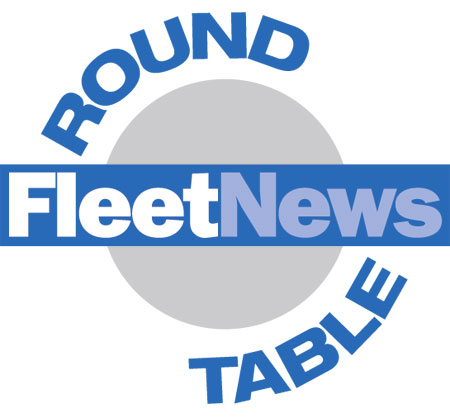Technology and tackling risk
If driver training can form part of the solution, technology also has a role to play in tackling risk and ultimately driving down costs.
Telematics is the obvious choice, but a simple optional extra such as parking sensors can also deliver results.
Green said: “You still get people with parking sensors reversing into things, but they have made a difference.”
Hammonds, who has now fitted parking sensors to all of the vehicles at Mears Group, including commercials, agreed.
He said: “We did a trial at one branch to assess the benefits and we probably saved between £50,000 and £75,000 over a three-year period.
“Very often the people who drive our vehicles have learned to drive in something like a Vauxhall Corsa or a Ford Fiesta, then all of sudden you put them in a Ford Transit van when they’ve never driven with their mirrors before and reversing is one of the biggest problems we have.”
Wright added: “I definitely think that’s the biggest problem with vans because you don’t need a vocational licence to drive them.
“All of our accidents fall into two main categories – hit in the rear and manoeuvring.”
Charging drivers for vehicle damage
When incidents do occur, attendees were clear that fleets need to have a robust policy in
place that makes the driver accountable.
Hammonds explained: “We charge the excess for any of our drivers who have an accident.
“The policy is very clear and simple. If we can’t claim off a third-party for the damage then we charge the excess.”
Green added: “We do exactly the same and funnily enough since we introduced it ‘hit while parked’ has gone right down.”
But Ian Thomas, head of business services at Simplyhealth, employed a more lenient approach, where employees were allowed two incidents in a year before they became liable.
He said: “It would be lovely to think we could be more robust, but most of our drivers are salesman so directors have a more lenient approach because they’re bringing the revenue in.”
Nevertheless, fleets need to weigh up how much an individual may be costing the company in terms of vehicle damage against the level of income they’re generating for the business.
Wright explained: “When you start adding all the costs up, that super salesperson isn’t so super any more.”
Robust fleet management policies
The economic climate is allowing fleets to be more robust in the defence of the policies
they adopt.
“Cost is the prime driver,” explained Wright.
And when it comes to policies around vehicle choice, fleets are achieving substantial cost savings through restricted lists or low CO2 models.
Dean Campbell, group indirect procurement manager at IMI, explained: “When we looked at introducing a 160g/km CO2 limit we were selling it as greening the fleet, but we were also winning in terms of fuel.”
Derek Thornton, head of existing business at Hitachi Capital Vehicle Solutions, said he had seen fleets refocusing on safety issues earlier in the year after having already “squeezed costs”.
However, as 2011 draws to a close and next year looks like it will be similarly challenging in terms of economic growth, he is seeing customers again looking at cost.
“We’ve got customers coming back to the cost agenda and now looking at introducing a single badge policy,” explained Thornton.
“We’ve got major PLC companies seriously looking at going from a user-chooser policy to single badge and they’re simply saying tough, the drivers can’t have the choice of a BMW, a Volkswagen Golf or a Ford Focus.
“However, I think it depends what sort of sector you’re in, where you are on your cycle and how your business is doing.”
Nevertheless, the businesses that have survived over the past three years have done so in part because they’ve been focused on costs during the downturn.
Green concluded: “It’s about not being afraid to make change.
“The thing that you hear more and more in this financial climate is if this isn’t a good opportunity to change your policies there will never be a better time.”





















Login to comment
Comments
No comments have been made yet.